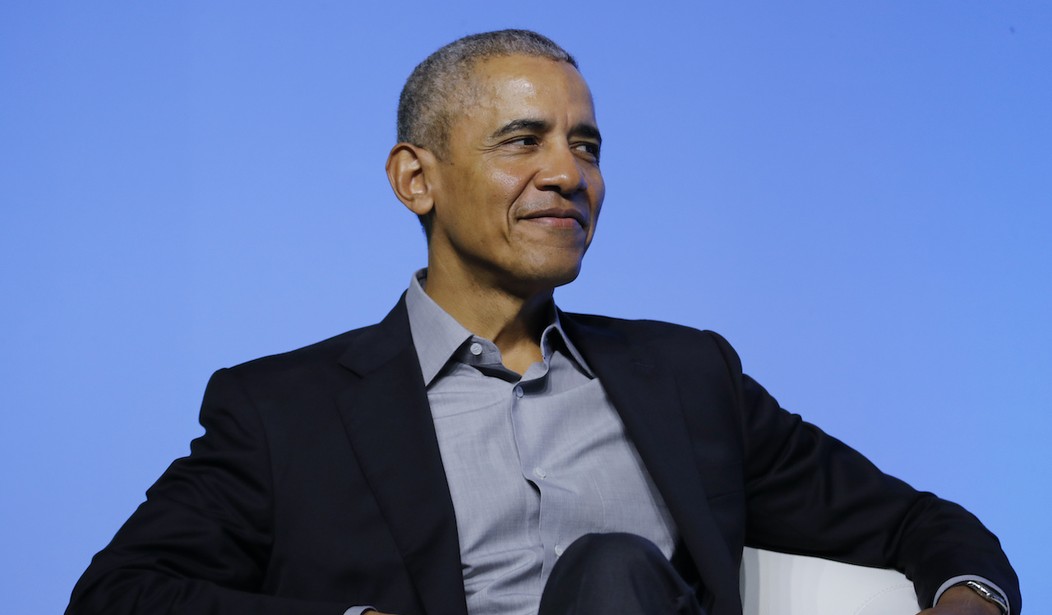Remember those "shovel-ready jobs" promised by the Obama-Biden administration in 2011? When many failed to appear after passage of this spending boondoggle, President Obama joked, "Shovel-ready was not as shovel-ready as we expected."
That law, noted Citizens Against Government Waste (CAGW), cost $787 billion, of which $48 billion was supposed to go for infrastructure. It was disingenuously called the American Reinvestment and Recovery Act. Harvard economist Martin Feldstein calculated that each job created would cost taxpayers $200,000. When asked about this statistic in a September 26, 2011 interview with ABC News, Treasury Secretary Timothy Geithner did not dispute the figure, saying, "the price tag is the wrong way to measure the bill's worth." We're hearing similar assertions about the new law.
Welcome to "shovel-ready 2.0" and another swindle that has just been perpetrated on us in the name of "infrastructure." Swindle means "to obtain by fraud or deceit." The administration and congressional Democrats claim the bill will cost us nothing. That's because they have used accounting gimmicks and rely on money they hope will come in through tax increases. Won't that cost something?
The new law is 2,700 pages long. I would bet my house payment that no Member of Congress read it all before voting on it. The Heritage Foundation has dug into the details and revealed items that add to the debt, probably increase already high inflation, and likely boost the cost of essential goods and services.
Recommended
For starters, says a team of Heritage analysts, "it bails out the Highway Trust Fund to the tune of $118 billion. The fund suffers from chronic deficits due to overspending. Rather than bring it into balance, senators are whipping out the national credit card, and then pretending they didn't when it comes to keeping score." This is throwing good money after bad, since when it comes to government programs failure is never an excuse to spend less money.
The analysts write: "There is a laundry list of tired budget gimmicks, including the sale of oil from the Strategic Petroleum Reserve, extending long-standing fees, and spectrum sales. Many of these gimmicks have a history of falling short of expectations." See last sentence in the previous paragraph.
The law was sold to the public with promises that airports, highways and bridges will be repaired. In fact, note the Heritage analysts, the law "adds as much new spending to modes like mass transit and Amtrak as it does for highways, even though buses and rail account for only a tiny fraction of travel. Even the value of highway funding is hampered by wasteful set-asides: $2 million per year for bee-friendly landscaping, $50 million per year to combat weeds, and expensive mandates that give unionized contractors a leg up on taxpayer-friendly, non-union shops." If history is a guide, one or more of these set-asides benefit the special interests of members, possibly in exchange for their votes.
It's an old joke, but true: How do you tell when a politician is lying? When his lips are moving. Unlike those who voted for this legislation, take the time to read it yourself, along with the analysis. You will likely conclude they have swindled us again.
























Join the conversation as a VIP Member